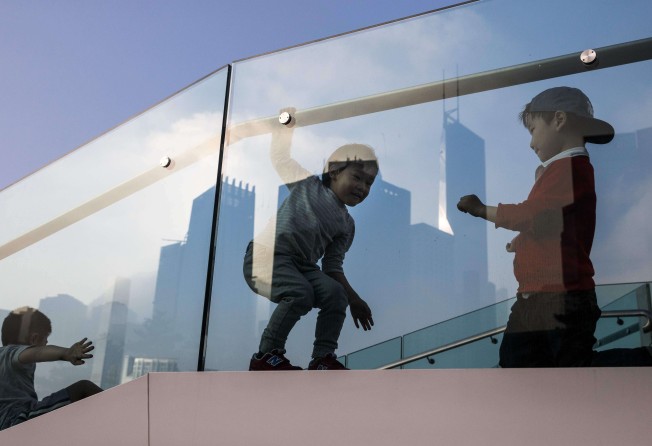Let Hong Kong children learn English and Putonghua through play
Paul Smith lauds Hong Kong’s move to introduce more play in kindergartens, and sees a great opportunity in this play-based model to begin exposing our young to the international languages of English and, increasingly, Putonghua

A frantic father rings our centre. “My daughter needs emergency assistance!” No loss of blood, her limbs are intact, but his three year-old just cried through another interview at one of the city’s elite kindergartens offering instruction in English and Mandarin.
The Education Bureau announced last week that it would be easing some of the stress. It has directed kindergartens to swap study drills for play-based lessons. This is a welcome change. But if we are going to relay the foundation of our children’s education, we need to equip the next generation with the right language skills. Giving kindergarten kids a baseline proficiency in English and Putonghua is essential. Moreover, this benefit needs to be accessible to all Hong Kong children.
The debate over declining foreign language standards in Hong Kong is a tired one, but its verdict should be clear: if the city is to live up to its self-styled reputation as “Asia’s World City”, our students need to learn world languages.
That children are best suited to learn foreign languages from a young age is well documented. And the bureau’s new play-based model is actually the ideal environment in which to confer these skills. Children need to be able to speak and understand a language before they can tackle the difficult task of writing it.
The success of this “living” model of education has been proven elsewhere. In music, the Suzuki method instructs through a “mother-tongue approach”. Students as young as three or four learn a new instrument by first listening to key pieces of music each day, getting a feel for the cadences and rhythms. By the time they learn a new piece, they can quickly memorise it because the tunes are already familiar. The task of musical note-reading is only introduced years later when these children are confident musicians – proficient speakers of the language, if you will.
Parents and teachers do not all have to be native language speakers for this model to work. They should, however, provide the consistent support, vigour and direction needed to develop their children into more proficient and confident users of the language.
Hong Kong has committed vast resources to new infrastructure projects that will better connect us to the world. But these gleaming towers and transport hubs will be pointless if the skills of the citizens are lacklustre. Our city clearly has the resources and the expertise to develop a more internationalised early childhood language curriculum. It is essential that we give the gift of language to our children. Anything less would be a disservice.
Paul Smith is an educator at The Kelly Yang Project, an after-school writing programme for children in Hong Kong